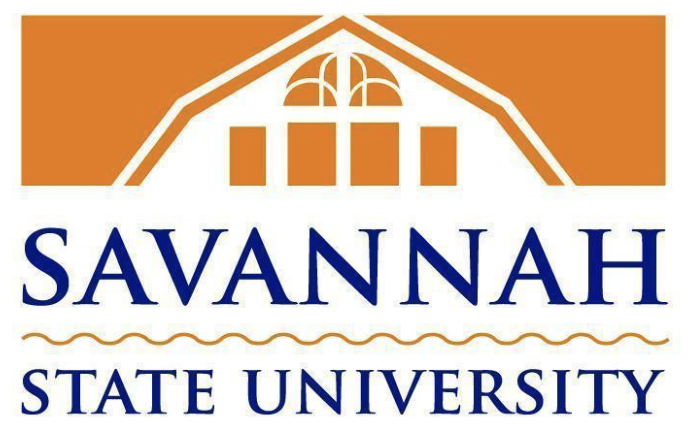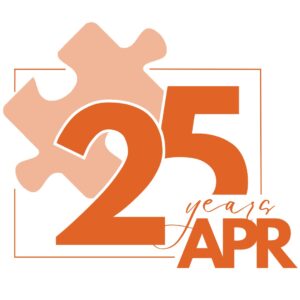Savannah State University to Develop First Forensic Toxicology Track at an HBCU
Savannah State University to Develop First Forensic Toxicology Track at an HBCU

For Immediate Release
Sept. 30, 2024
Media Contact: Jennifer Abshire
Abshire Public Relations
912.247.9588
pr@abshirepr.com
Savannah, GA – Savannah State University (SSU) is launching a Forensic Toxicology track — the first of its kind at any Historically Black College and University (HBCU) — to promote diverse representation in law enforcement.
SSU recently received a grant from the U.S. Department of Education’s Minority Science Engineering and Improvement Program (MSEIP) to develop a new Forensic Toxicology track within the Forensic Science program. The award of $899,061 is split over the next three years starting on Oct. 1, 2024 and ending on Sept. 30, 2027. Out of the hundreds of minority-serving institutions, SSU was one of just 8 universities to receive funding in the highly-competitive process.
“This pioneering, unique program is another way we are pushing the boundaries and creating new pathways for our SSU Tigers,” said SSU Interim President Cynthia Alexander. “Graduates will have the confidence to combat the growing drug crisis providing much needed assistance locally and nationally.”
SSU Chair of the Department of Chemistry and Forensic Science Kai Shen and his team pursued the grant for three reasons. Drug-related overdoses and crimes are on the rise and minorities are both disproportionately affected by drug-related crimes and underrepresented in the field of forensic science. The Centers for Disease Control and Prevention (CDC) reported more than 100,000 drug-overdose deaths in 2022. Recent statistics from the American Academy of Forensic Sciences (AAFS) indicate that less than 16 percent of forensic scientists represent minority communities.
“This underrepresentation challenges the fairness and precision of the justice system,”
Shen said. “Representation really matters in the workforce. A lot of the time interpretation and results depend on one’s cultural background.”
With 135 current students, SSU’s program is the largest in Georgia. More than 90 percent of program graduates are minorities, and more than 85 percent are women.
Shen said SSU’s forensic science program, which launched in 2011, sends graduates to local, state and federal law enforcement agencies all over the country. Working with these various agencies, Shen learned that their demand for trained forensic scientists – especially toxicologists – far exceeds the supply. Many agencies hire chemistry and biology majors and train them on the job to meet the need.
The innovative, new program at SSU will teach students cutting-edge forensic toxicology techniques integrating real world problem solving and offer them paid internship opportunities ensuring they are ready to tackle the growing drug crisis upon graduation. The department is developing two new courses, Forensic Pharmacology and Forensic Medicine, to equip students with a profound understanding of drugs, their effects, and autopsy procedures. The four core chemistry courses-Analytical Chemistry, Instrumental Analysis, Physical Chemistry, Biochemistry-will integrate toxicology-related content and innovative virtual reality components. The program will be qualified to seek Forensic Science Education Programs Accreditation Commission (FEPAC) accreditation.
“This new program will put SSU at the forefront of forensic toxicology education,” Shen said.
In addition to the unique college curriculum, the grant will fund summer camps on toxicology/forensic toxicology for minority high school students to increase awareness of this developing field and create a pipeline for future enrollment.
###
About SSU: Established in 1890, Savannah State University is the first public historically black college and university in Georgia and the first institution of higher learning in the city of Savannah. Students select majors from 30 undergraduate and five graduate programs in four colleges – Business Administration, Education, Liberal Arts and Social Sciences, and Sciences and Technology. Learn more by visiting savannahstate.edu.

